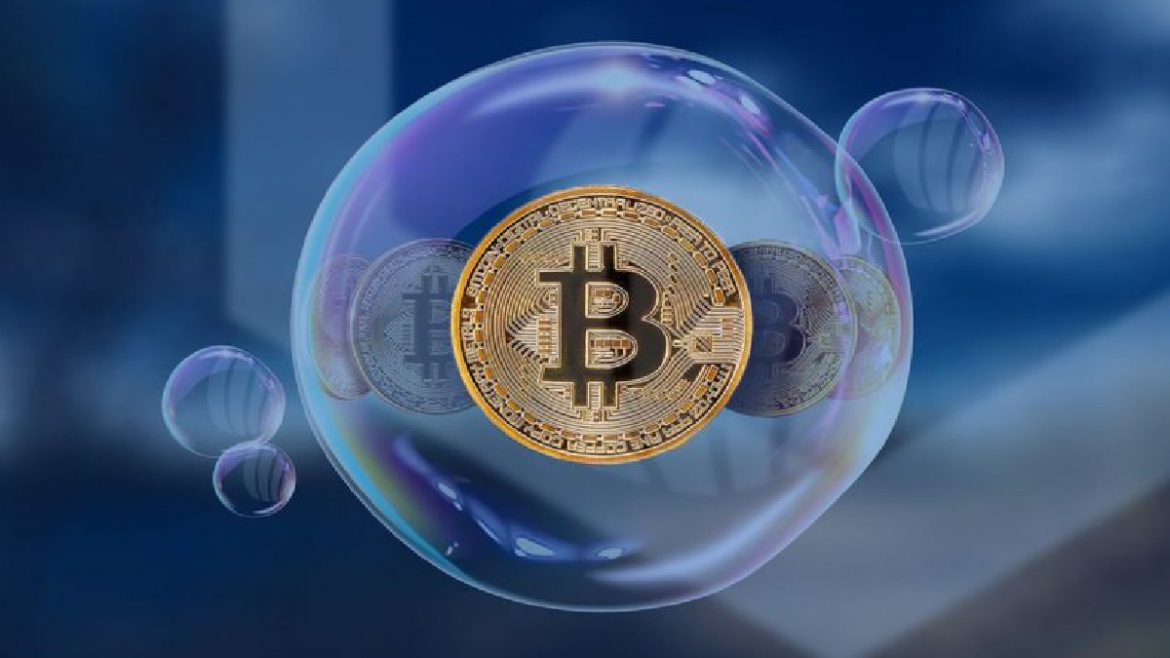The debate has been ongoing for quite a while surrounding Bitcoin’s value. At first, it was that “fake internet money” that no one wanted to touch and now, with the volatile markets and a high point nearly hitting the $20K mark, people swear that Bitcoin is a crypto bubble that will pop any day.
Yes, Bitcoin’s value has declined in the past two years from the 2017 boom, but the crypto market is thriving and the bubble hasn’t burst. Cryptocurrencies have quickly entered the public consciousness with sweeping populist support and commercial interest.
Bitcoin now represents a new currency that is based on a decentralized blockchain-powered design and consumers, businesses and enterprise level corporations want their hands on Bitcoin and blockchain technology. With the latest in cryptographic security, decentralized platforms to prevent single-source errors and shut downs, and a profit-bearing opportunity layered on top of it, what’s not to love?
Cryptocurrency, particularly Bitcoin represents opportunity with quite possibly a long-term store of value, and the blockchain could be implemented for a plethora of things from property to stocks and bonds, or even fine art. The key difference between Bitcoin and commodities is the physical backing of an actual product like gold or oil. Bitcoin is mathematical algorithms. Where commodities see volatility in the market based on consumer confidence and global politicking, Bitcoin volatility is based on adoption and often becomes a safe haven when traditional commodities and stocks go south.
This is not to say that Bitcoin isn’t prone to inflationary “bubbles” based on future expectation and blockchain news or historical market cycle adjustments. For investments, price inflation can occur because of a lack of supply concurrent to heightened demand, or just the perception that something will change in the code or consensus model that may influence a particular market.
It’s when future expectations splinter off into unknown territory beyond rational or logical assertions that also inflate those bubbles. FOMO and radical speculation combined with targeted shilling almost guarantees significant growth (or fall). Basically, if it’s artificially inflated based on a few whales manipulating the market and loud mouths who are in on it, the bubble will pop.
Artificial inflation of a stock is nothing new. When speculators purchase a financial asset at a price above its fundamental value with the expectation of a subsequent capital gain, they are buying into the bubble. From the 80’s, in an era of greed and exuberance in the stock market, to the advent of the internet and the dot com bubble at the turn of the century, academics have added the word “speculative” to the definition of a bubble.
But it’s not all speculators, whales and shills that determine the value of a commodity. If the market is large and accessible, it is less likely to experience the bubble phenomenon. Why? Because those larger markets have the attention of government oversight, regulations, interest rates and restrictions, open market operations, and in the case of some stablecoins, the ability to create or burn token to maintain stability and stomping out market volatility.
Looking back on the Bitcoin markets, it was pretty flat for more than four years where Bitcoin was waffling around $500 per BTC but in 2016 as media coverage began to report on this “new discovery” called cryptocurrency, professional and amateur investors began to take notice and the market reflected it. The price rocketed past the $1,000 barrier in early 2017 to reach the all-time high near $20K within 12 months. People remember historical moments. December 17, 2017 marks a milestone high for Bitcoin. Unfortunately for those who bought high, Bitcoin is sitting between $8,000 and $8,300 and depending on which analyst or chart you’re looking at, one side says it could rally past the $20K high while others believe it could drop down as low as $2,000 again.
Right now, all eyes are on global economic powers to draft legislation and restrictions on a decentralized system that was created to keep government out of our pockets for a true peer-to-peer economic engine. The historical highs and lows can be traced on the charts and at this point we don’t see a crypto bubble. We conclude that the question is not “To buy or not to buy Bitcoin?” The real question is: WHEN should I buy?
Disclaimer
Content provided by CryptoTraderNews is for informational purposes only, and should not be construed as legal, tax, investment, financial, or other advice. All information is of a general nature. As always, there is risk with any investment. In exchange for using our products and services, you agree not to hold CryptoTraderNews Pro, its affiliates, or any third party service provider liable for any possible claim for damages arising from decisions you make based on information made available to you through our services.
Is Bitcoin A Crypto Bubble?
previous post
